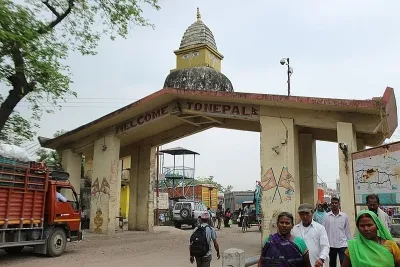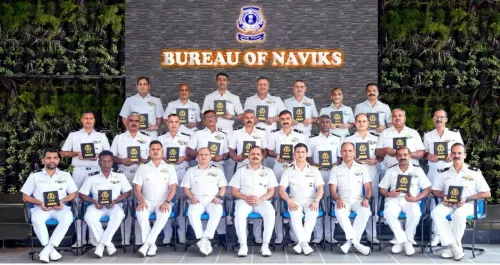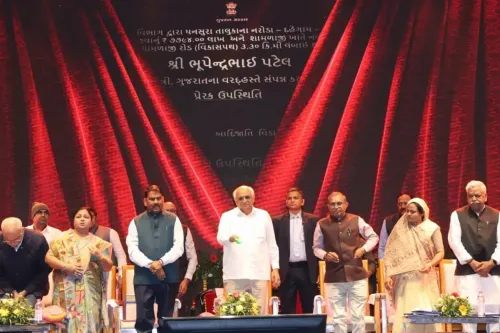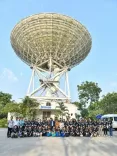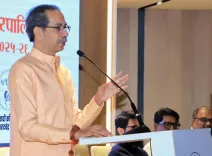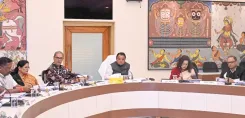How will PM Modi strengthen the Global South's voice at the Johannesburg G20?

Synopsis
Key Takeaways
- India is asserting its influence in global affairs under PM Modi.
- The G20 Summit in Johannesburg is a historic moment for the Global South.
- The inclusion of the African Union as a permanent member is a significant milestone.
- India’s focus on inclusive growth and climate finance is crucial for global cooperation.
- The absence of key leaders raises questions about the summit's effectiveness.
New Delhi, Nov 20 (NationPress) Under the leadership of Prime Minister Narendra Modi, India has firmly established itself on the world stage, with New Delhi playing a pivotal role in the G20 discussions. His engagements and remarks in South Africa will be scrutinized, especially as he presents India's viewpoints on the agenda.
Prime Minister Modi’s involvement in the G20 has consistently emphasized topics crucial to the Global South, aiming to bridge the divide between developed and emerging economies.
This marks the fourth successive G20 Summit hosted in the Global South, a historic occasion as it is being conducted for the first time by an African nation.
New Delhi has been at the forefront of initiatives promoting inclusive growth, advancing digital public infrastructure, securing climate finance, and reforming multilateral development banks.
The approach taken by India often underscores human-centric globalization, striving to ensure that the advantages of global cooperation are accessible to all parts of society.
India’s presidency of the G20 in 2023, culminating in the Delhi Summit, has been a landmark moment in the history of the group.
A significant development during this chapter was the permanent membership of the African Union (AU) in the G20.
This achievement, strongly supported by India, addresses a long-standing demand for enhanced representation of African perspectives in global governance.
This inclusion greatly enhances the G20's legitimacy and inclusivity, creating a more representative forum for tackling worldwide challenges.
In addition to the AU's inclusion, the Delhi Summit highlighted renewed commitments to several key areas under India’s guidance.
As the chapter unfolds in South Africa, it is poised to take place without the presence of several significant world leaders.
Among those absent are U.S. President Donald Trump, China’s Premier Xi Jinping, and President Vladimir Putin of Russia.
This raises questions regarding the persistent relevance and importance of such international groupings in today’s geopolitical landscape.
President Putin's choice to skip the summit is not entirely unusual in other international settings, given ongoing legal complexities and sanctions.
He has assigned Deputy Chief of Staff of the Presidential Executive Office, Maxim Oreshkin, to lead the Russian delegation.
President Trump's absence can be interpreted in various ways, potentially reflecting his 'America First' policy, which often favors bilateral deals over multilateral gatherings.
His administration has exhibited skepticism towards international organizations, perceiving some as obstacles to American sovereignty or economic interests. Earlier this month, Trump announced that the United States would boycott the summit, citing alleged violence against white South Africans, a claim that Pretoria has consistently denied.
Similarly, Xi Jinping, who typically supports multilateralism, will also be absent. He missed the New Delhi chapter due to domestic developments but did attend the 2024 Summit in Rio de Janeiro. Nonetheless, China remains engaged with global forums, with Prime Minister Li Qiang attending the G20 Summit in Johannesburg.
Prime Minister Modi is expected to hold bilateral discussions alongside the G20 Leaders’ Summit, with particular attention on the India-Brazil-South Africa (IBSA) Leaders’ Meeting hosted by South Africa.


